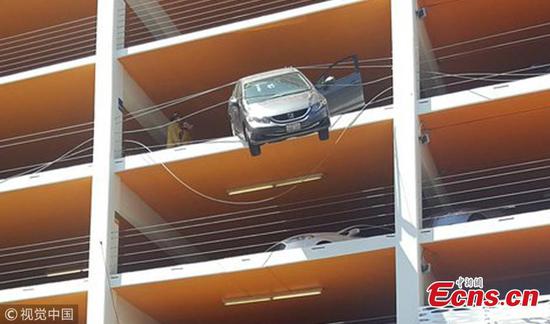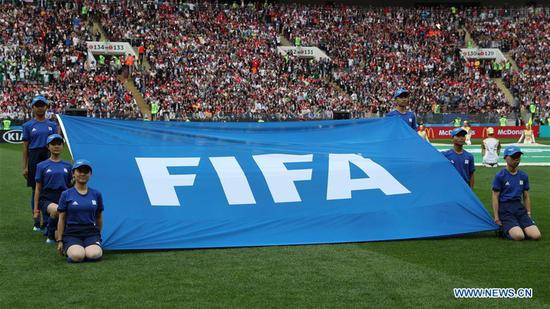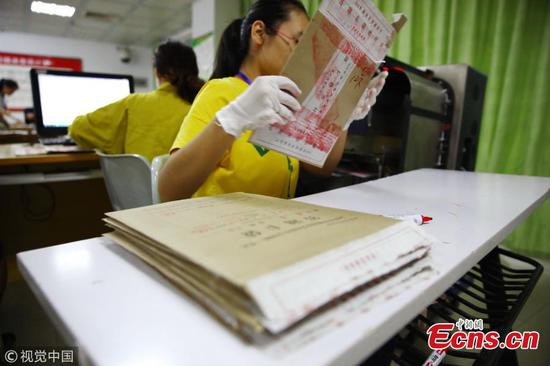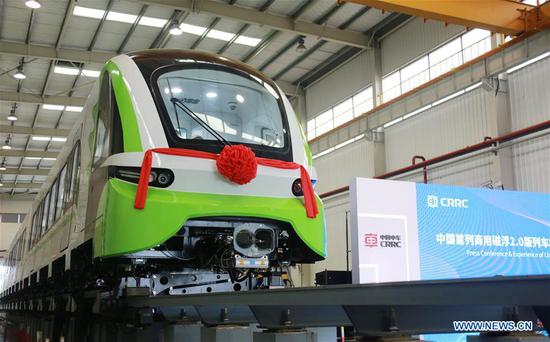The international body that sets 5G standards approved the completion of the standalone (SA) Release 15, 5G specifications on Thursday, another essential step to standardize 5G following the release of 5G New Radio (NR) specifications for nonstandalone (NSA) operation last year.
"The freeze of standalone 5G NR radio specifications represents a major milestone in the quest of the wireless industry towards realizing the holistic 5G vision," Balázs Bertényi, chairman of 3GPP TSG RAN, said in a press release on the website of the 3rd Generation Partnership Project, or 3GPP, a body that governs global cellular standards.
Bertényi added, "5G NR standalone systems not only dramatically increase the mobile broadband speeds and capacity, but also open the door for new industries beyond telecommunications that are looking to revolutionize their ecosystem through 5G."
According to the press release, the completion of SA specifications complements the NSA specifications. It not only gives 5G NR the ability of independent deployment, but also provides a brand-new end-to-end network architecture, making 5G a facilitator and an accelerator during the intelligent information and communications technology improvement process for enterprise customers and vertical industries.
Now, the whole industry is on track toward 5G commercialization, the press release said, noting that new business models will be enabled and a new era where everything is interconnected will be opened up for both mobile operators and industrial partners.
Erik Guttman, chairman of 3GPP TSG SA, said in the press release, "The 5G System specification has now reached its official stage of completion, thanks to the intense efforts of hundreds of engineers over the past three years. 5G promises a broad expansion of telecommunications, as an ever more central component of our economies, societies and individual activities.
"The new system provides the foundation for ongoing specialization for support of new business sectors, for unlike 4G and past generations, 5G supports the very specific requirements and individual service characteristics of diverse communications."
At the same time, Release 16 for 5G phase 2 should be completed in December 2019 and will meet the ITU IMT-2020 submission requirements, said 3GPP.
Chinese smartphone vendor Vivo vowed to step up 5G smartphone research and development and strive to release a 5G SA smartphone in 2019, Shi Yujian, senior vice-president and chief technology officer of the company, said in the press release.
As National Business Daily reported, Chinese technology companies such as Huawei, Vivo and Lenovo are expected to issue their first 5G cellphone in the second half of 2019.
"The 5G devices will be mature for commercial applications in China in 2019. We will be among the first batch of countries to issue 5G licenses in the world, most likely between the second half of 2019 and the first half of 2020," Wang Zhiqin, an expert with the Ministry of Industry and Information Technology, told China Daily in an earlier report.
China.org.cn cited a report released by global accounting firm Ernst & Young Wednesday that 5G users in China will reach 576 million by 2025, or over 40 percent of global consumption, and the country will spend 1.5 trillion yuan ($223 billion) on 5G between 2019 and 2025.
However, the report said that early 5G networks will most likely be used as hotspots to supplement existing mobile broadband technologies in first-tier cities, as 4G still has tremendous growth potential and will not be replaced in the short term.


















































